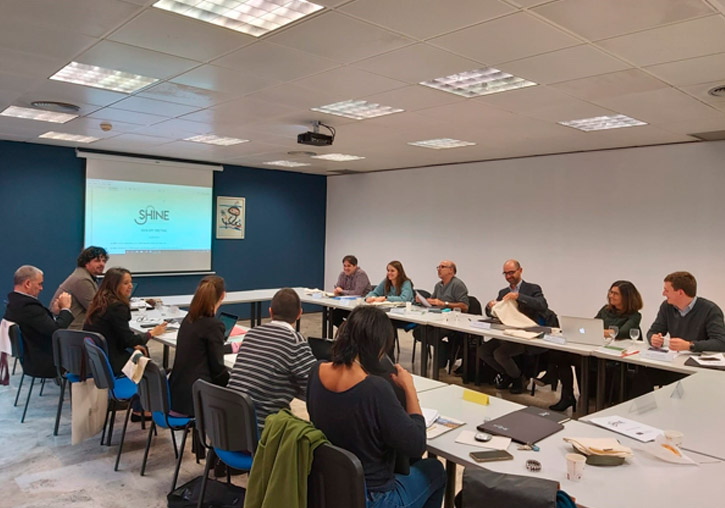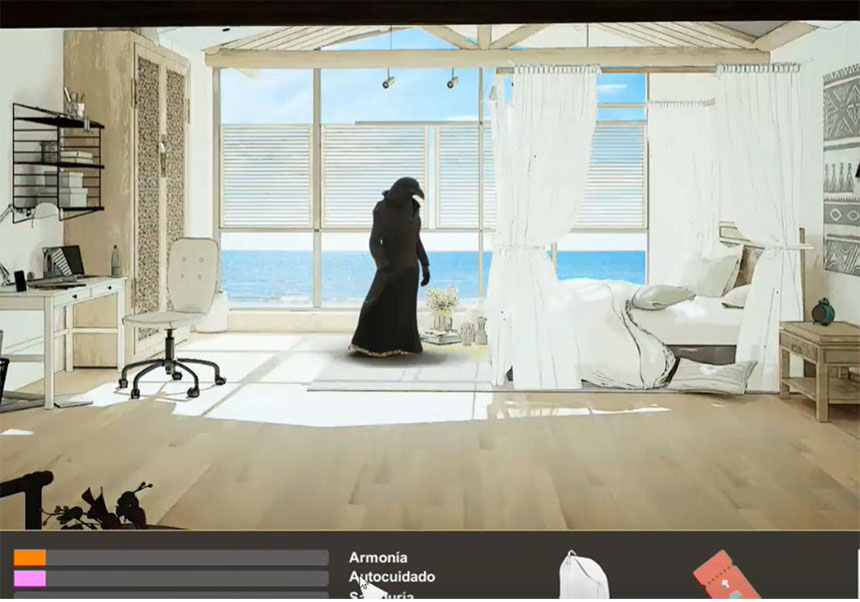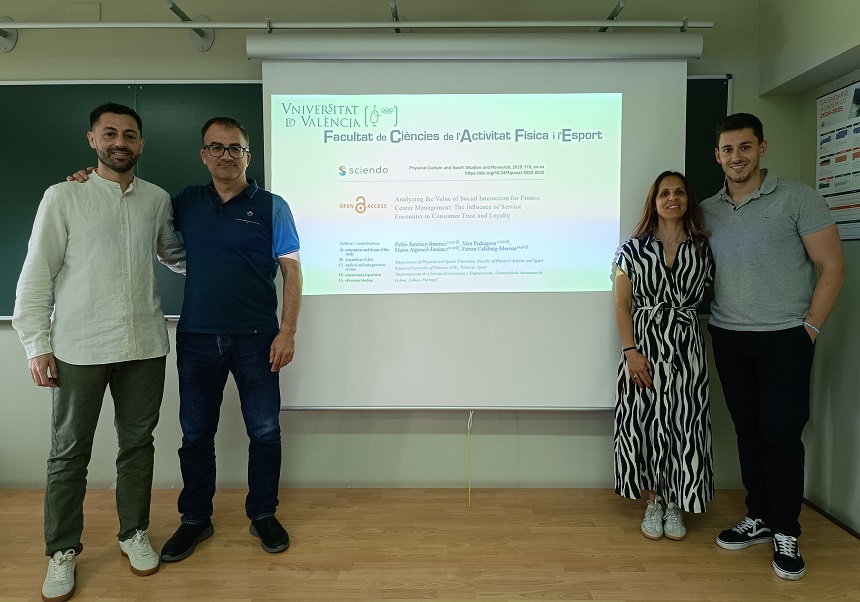The Faculty of Law hosts a summer school on Digital Economy, Technology and Inequality
- Scientific Culture and Innovation Unit
- July 5th, 2021

From the July 5 to 8, the bachelor’s room of the Faculty of Law of the University of Valencia (UV) will host a summer school for young researchers, in English, dealing with the social and legal effects of the current digital transformation. Specialists in public and private law will present the implications of the use of new technologies in different decision-making processes, service provision and provision of goods, with special mention of how these tools can contribute to perpetuate existing structures of inequality.
This summer school, Digital Economy, Technology and Inequalities, can be followed both online and on site and is developed within the framework of the Jean Monnet Sharing Economy and Inequalities across Europe (SHINE) network led by the UV Regulation Research Group. Research groups from the Universities of Barcelona, Bologna, Palermo and Louvain are also part of it.
The presentations on July 5 will offer an overview of the digital economy and the challenges it generates. The inaugural lecture will be given by Professor Andrés Boix, main researcher of the SHINE network and will continue with presentations by Enguerrand Marique (UCLouvain) and Professor Michael Fehling (Bucerius Law School).
The presentations on July 6 will focus on the inequalities generated by the digital economy. Professor Ester Machancoses (UV) will focus on the challenges for the tax system of the new business models that have emerged in recent years and Raphaële Xenidis (Universities of Edinburgh and Copenhagen) and Alba Soriano (UV) will review the ways in those that the European legal system can deal with in situations of discrimination produced or mediated by the use of algorithms.
The third day of the summer school (July 7) will feature presentations by professors Adrián Todolí (UV) and Martin Gruber-Risak (University of Vienna), who will address the ways in which Labour Law can deal with new forms of work and the precariousness generated, in particular, by the platform economy. Gabriel Doménech (UV) will present the evolution of the conflict between collaborative passenger transport companies and the taxi sector and Guido Smorto (University of Palermo) will present some proposals regarding the regulation of Artificial Intelligence.
The summer school will close on July 8 with presentations by professors Carmen Rodilla (UV) and Mireia Artigot (Pompeu Fabra University) and professor Francesco Boldrin (University of Bologna) on the challenges that the advance of new technologies generates for the Private right. Professor Pau Rausell (UV) will focus his presentation on how the collaborative economy is no longer an engine for socio-economic development.
In addition to the indicated presentations, the summer school will feature 18 communications that will be presented by young researchers from different European universities. The activity has the participation of the UV Chair of Collaborative Economy and the financing of the Las Naves Foundation.
Link to follow the summer school online.
















